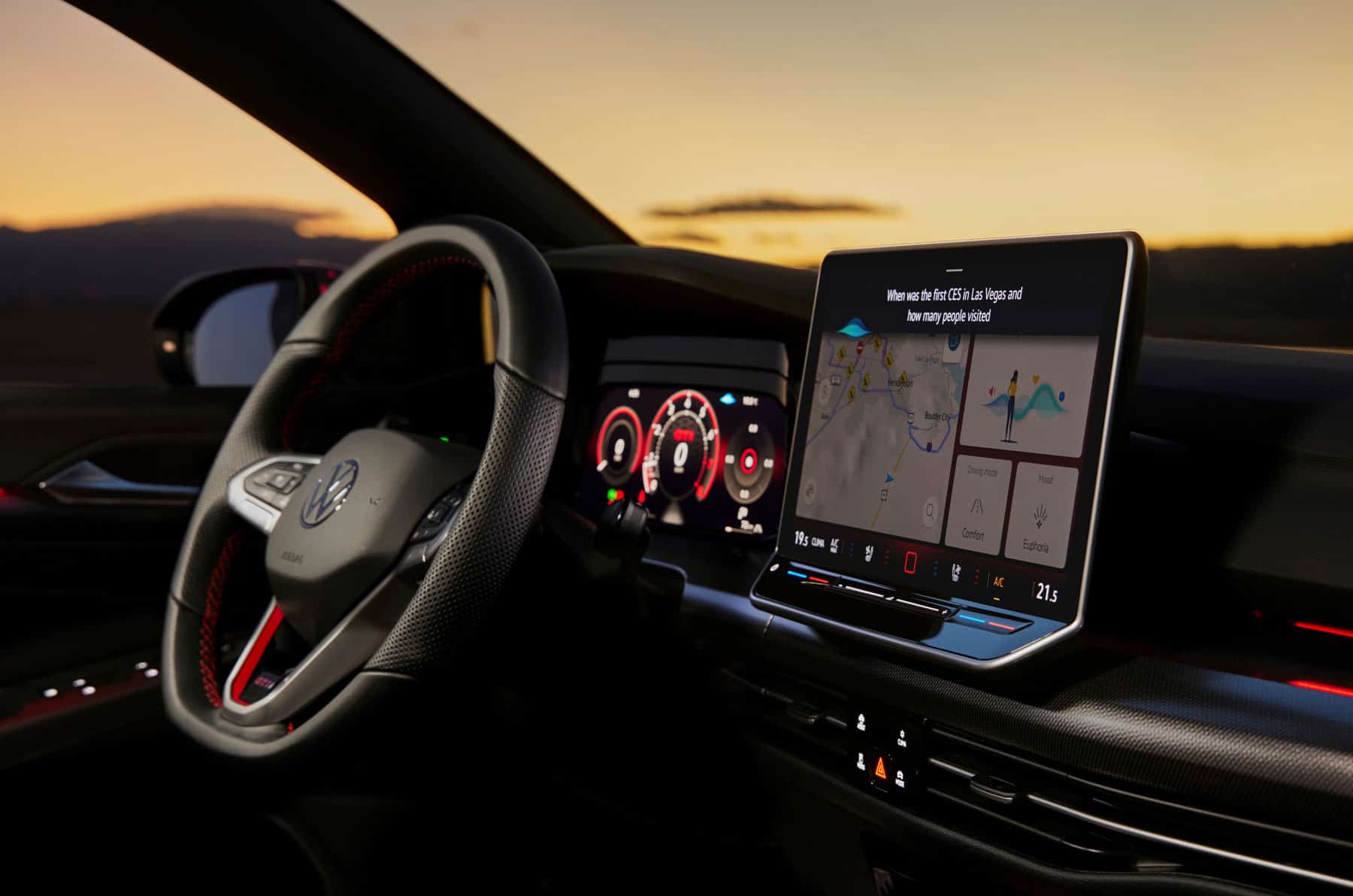
Two German research institutes have devised a screening method that allows hospitals to check people for a corona infection without the need for contact. Anyone who plans to enter a hospital or healthcare institution should be tested for corona. The Fraunhofer Institute for Industrial Engineering (IAO) and the Fraunhofer Institute for Manufacturing Engineering and Automation (IPA) have designed the ‘Access Checker‘ within the space of just a few weeks.
Contact-free screening method
The system measures all the relevant parameters remotely. Measurements are performed with the use of a laptop. An expert carrying out the test can easily maintain the required minimum distance of 1.5 to 2 meters. This means that they are not at risk and are not required to wear any personal protective equipment.
The Access Checker measures the body temperature, heart rate, and breathing rate. Body temperature is taken with an infrared camera and heart rate and breathing rate are measured via microwaves. The latter involves a radar module based on a micro-Doppler method. Patient data is not stored, but documented anonymously with pen and paper. A patent application has already been lodged for this new method.
On-site testing at Stuttgart hospital
On-site testing is currently being carried out at the front entrance of the Robert Bosch Hospital in Stuttgart, Germany. There, the scientists are examining two things: whether the test method is practical and whether the data corresponds to data collected by hospital staff. Associates at the Fraunhofer Institute of Industrial Engineering (IAO) are analyzing the suitability of this method for hospital staff and patients. Their primary focus is on studying the treatment channels and mobility patterns of patients with the use of a contact-free mobility sensor.
A considerable amount of interest
The first tests have been successful. The contact-free test method is just as fast as the conventional method. It remains to be seen whether less staff will be needed to carry it out. Yet already a considerable amount of interest has been garnered, institutes such as the German University Hospital in Tübingen and several COVID-19 screening control centers have expressed interest.
The Fraunhofer IPA plans to construct four more systems within the next two weeks. Urs Schneider, who works as a doctor at the Fraunhofer IPA, says: “We are convinced that we have developed a viable concept that can also be used in the aftermath of the COVID-19 crisis. In addition to hospitals and nursing homes, the Access Checker is also suitable for use at airports and other important facilities.”







